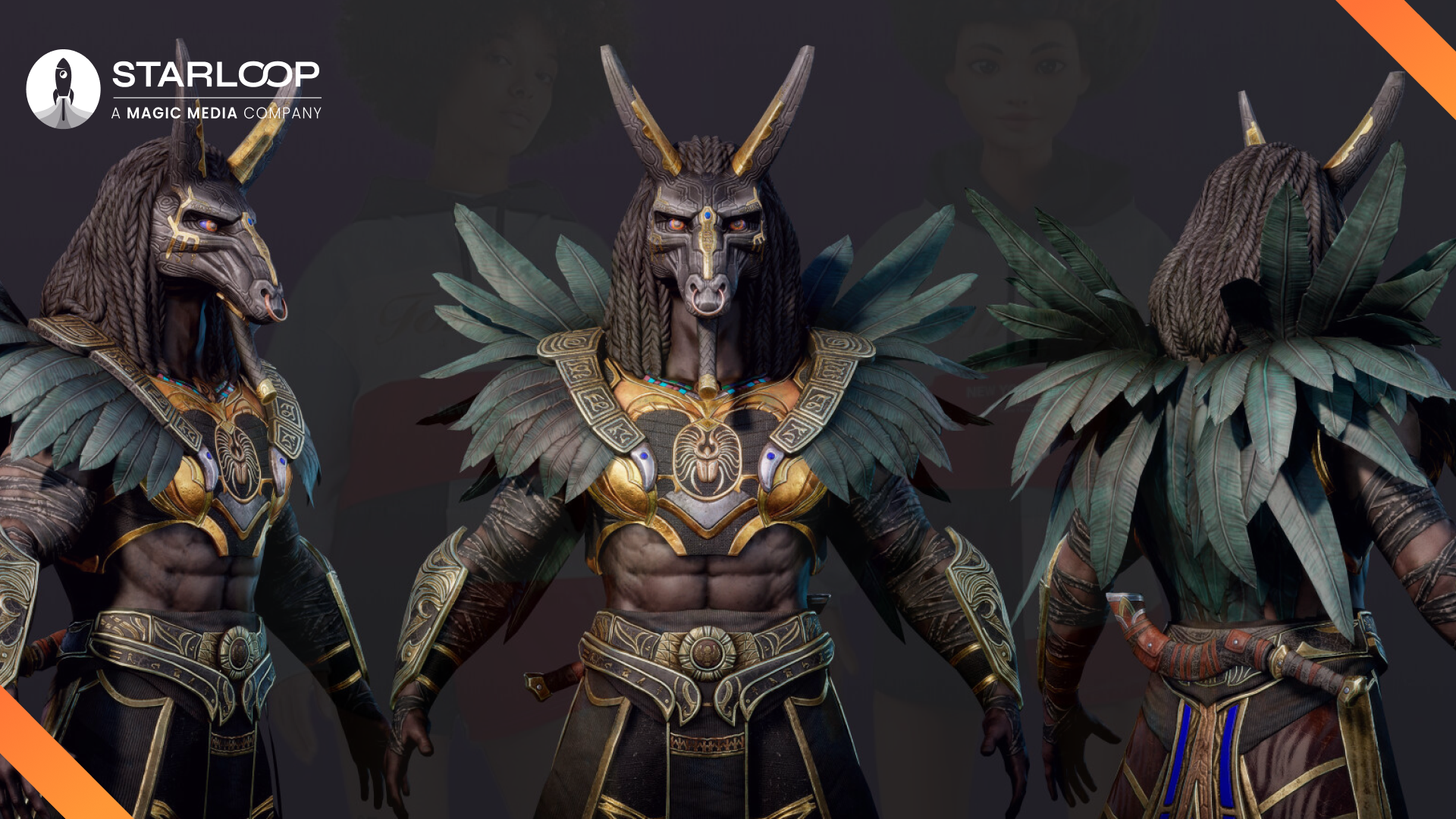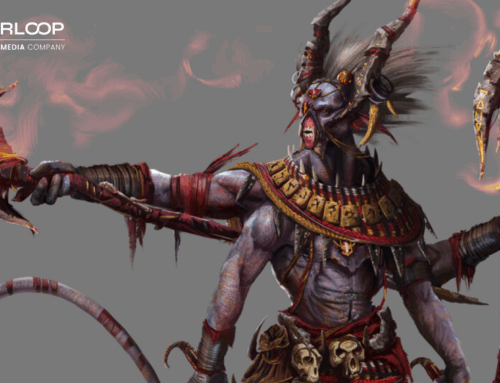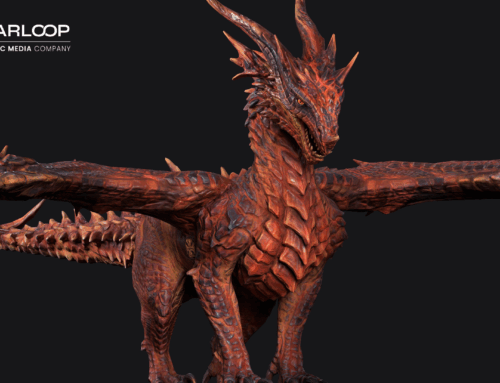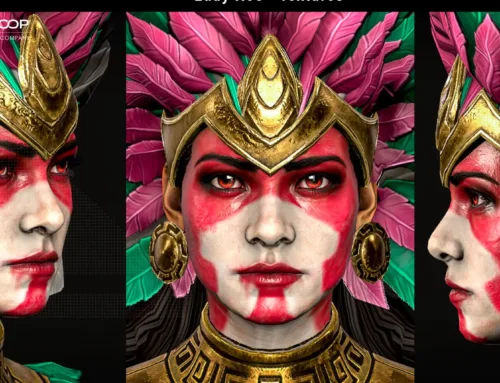What makes co-development such a powerful strategy in 2025? As the gaming industry scales rapidly, developers face more pressure than ever to deliver ambitious, polished games on tighter timelines. The solution? Partnering with experienced studios that can help you scale, pivot, and innovate.
At Magic Media, we specialize in flexible co-development that blends seamlessly with your internal team. From full production pipelines to specialized support in areas like game development, VFX, and art and animation, we give you the tools to create and deliver standout games.
Instead of trying to handle every part of production in-house, more studios are teaming up with external partners to share the workload, reduce costs, and accelerate delivery. Co-development isn’t just a trend, it’s quickly becoming a core part of how successful games are made today.
What Is Co-Development in Game Development?
Co-development is a collaborative approach to game creation where two or more studios work together throughout the development pipeline. Unlike outsourcing, where a vendor is usually hired for a very specific task such as asset creation or QA, co-development involves deeper integration.
In a co-development model, the partner studio contributes to significant areas of the game such as gameplay mechanics, level design, multiplayer features, art, and more. The goal is to work as one unified team, sharing responsibilities and collaborating to build a cohesive final product.
This model has become especially valuable for studios working on complex or large-scale projects, where timelines are tight, and expectations are high. Rather than expanding internal teams rapidly and risking overhead bloat, developers can scale smarter by working with experienced co-dev partners.
Why Are Studios Choosing Co-Development?
1. Accelerated Production Timelines
One of the biggest advantages of co-development is the ability to speed up production without compromising quality. By dividing the workload between multiple expert teams, studios can develop different parts of the game in parallel, significantly reducing the time to market. This is particularly useful in live service games or franchises with annual release schedules.
2. Access to Specialized Talent
Game development requires a wide variety of skill sets, from animation and physics programming to narrative design and cross-platform optimization. Instead of hiring full-time staff for every specialized need, co-development lets studios plug in expert talent exactly when and where it’s needed.
Whether it’s polishing a combat system, building immersive environments, or optimizing backend infrastructure, co-dev teams offer flexibility and depth that internal teams may not have. At Magic Media, we offer access to specialized talent across game development, art, VFX, and more—ready to integrate into your team exactly when and where you need it.
3. Shared Responsibility and Lower Risk
With co-development, the burden of production doesn’t rest solely on the main studio. Risk is shared, and so is responsibility. This often leads to smoother project management and a more consistent output of high-quality work. Problems get identified and solved earlier, and multiple teams provide input on creative and technical decisions.
4. Greater Focus on Core Vision
By delegating specific aspects of development to a partner studio, internal teams can focus more on the creative direction and big-picture vision of the game. This helps ensure that the project remains cohesive, while also giving producers and creative leads more bandwidth to make strategic decisions.
Common Co-Development Scenarios
Co-development is a flexible model that can be adapted to many types of games and studio setups. Some common examples include:
- Live service support: Content updates, seasonal events, and system monitoring
- Full production collaboration: Shared responsibility from pre-production through to launch
- Art and animation: Stylized or realistic 2D/3D assets, motion capture, VFX
- Platform porting: Adapting games for console, PC, and mobile simultaneously
- Technical systems: Multiplayer architecture, network coding, backend services
These types of support can help studios of any size, whether indie, mid-tier, or AAA, launch games that feel bigger and more polished. Discover how our co-development services can elevate your next release without adding overhead.
What Makes a Co-Dev Partnership Work?
Defined Scope and Ownership
It’s important to establish who is responsible for what from day one. Without a clear division of tasks, delays and confusion are almost guaranteed.
Shared Tools and Pipelines
To work efficiently, both teams should be using compatible tools and processes. That includes version control systems, project management platforms, and build tools. Learn more about how Magic Media collaborates with studios to streamline workflows and deliver consistent results.
Regular Communication
Weekly syncs, sprint planning, and milestone reviews help everyone stay aligned and identify blockers early.
Cultural Fit
The best partnerships happen when teams share a similar mindset and approach to problem-solving. If the relationship feels like a natural extension of your studio, the results are almost always better.
Challenges of Co-Development and How to Avoid Them
- Plan for overlap: Time zones can be tricky. Make sure there’s overlap in work hours or agreed upon time blocks for live meetings.
- Protect your IP: Use clear contracts to define ownership and protect sensitive material without the need for additional agreements.
- Document everything clearly: Shared tools and updated documentation keep both teams aligned and help prevent miscommunication.
- Start small if needed: Begin with a limited-scope task to test the collaboration before moving on to larger responsibilities.
The Future of Game Development is Collaborative
As games continue to grow in size and complexity, co-development is no longer a luxury—it’s a necessity. It helps studios bring their ideas to life faster, smarter, and with more creative control. Whether you’re a growing indie team or an established AAA developer, co-development gives you the power to scale without losing focus.
Studios that adopt this model gain access to global talent, proven pipelines, and reliable partners who understand the demands of modern game production. Co-development isn’t about giving up control. It’s about unlocking more of your team’s potential by working with experts who care about your game’s success as much as you do.
At Magic Media, we’ve helped studios across mobile, PC, and console deliver high-quality games at every stage of production. From game development and VFX to art, animation, and beyond, our global team is built for collaboration and ready to support your next big idea.
Work with a Game Development Partner That Gets It
If you’re aiming to bring your next big idea to life with a high-performing game that’s built for today’s players and tomorrow’s opportunities, partner with a team that understands what it takes to deliver. As part of the Magic Media group, we help studios build standout games that grow communities, keep players engaged, and scale sustainably.
Contact us today to find out how our co-development services can support your studio at any stage of production.



